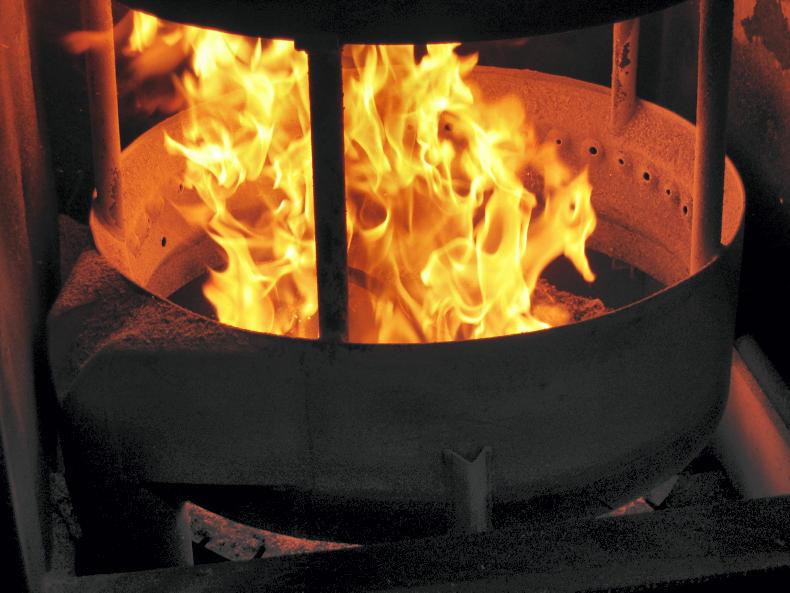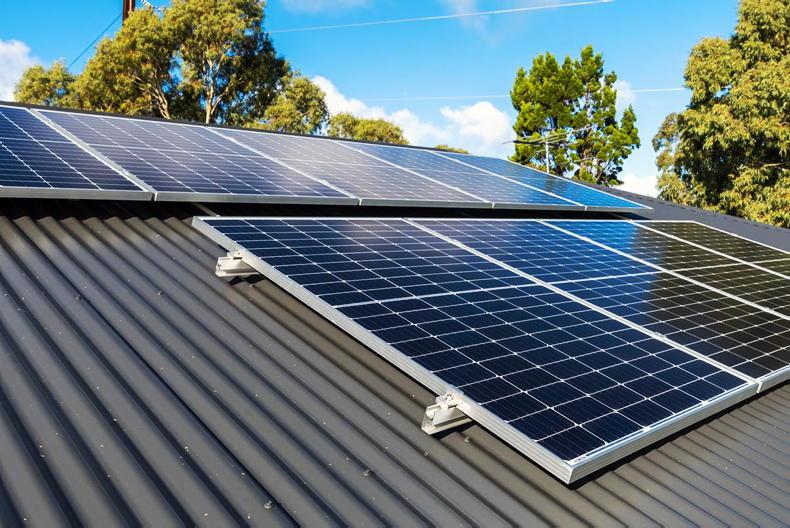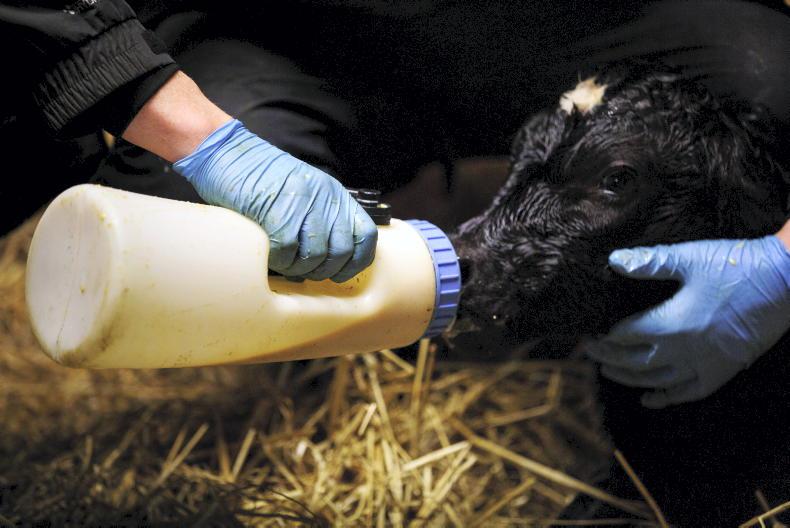As reported on page six, farmers and businesses who joined the renewable heat incentive (RHI) scheme prior to November 2015 are determined to continue the legal battle with the Department for the Economy (DfE) over changes made to the scheme in 2017.
Those changes brought in tiered and capped payments, despite the claimants signing up to a government-backed scheme that guaranteed the original payments for 20 years. There is no doubt that the pre-2015 RHI scheme was flawed – and the most fundamental flaw of all was the failure of civil servants to ensure that there was long-term budgetary control written into the scheme.
While some did ultimately abuse the system, that should have been dealt with in normal inspection processes. But the vast majority are legitimate users of heat. They spent tens of thousands on not just boilers, but also installing hot water heating systems into sheds. They are right to feel aggrieved at their treatment throughout this whole RHI debacle.
That strength of feeling is seen in the determination of Renewable Heat Association for NI (RHANI) members to pursue a legal action with DfE over the change to tariff rates. Already ongoing for over a year, the case may yet end up in the supreme court, so could run well beyond 2019.
It is an important case, and one which claimants in other renewable energy sectors should note.
The system of Renewable Obligation Certificates (ROCs) that applies to these sectors is slightly different to RHI, in that it relies on a levy on electricity supply companies rather than coming directly from the public purse.
But those who invested in solar, wind or anaerobic digestion all received similar 20-year guarantees of payments. Where government is effectively able to change its mind part-way through a scheme, it creates an unwelcome precedent.
Read more
Government consults on options to cut RHI cost
Five RHI boiler sites audited each week
As reported on page six, farmers and businesses who joined the renewable heat incentive (RHI) scheme prior to November 2015 are determined to continue the legal battle with the Department for the Economy (DfE) over changes made to the scheme in 2017.
Those changes brought in tiered and capped payments, despite the claimants signing up to a government-backed scheme that guaranteed the original payments for 20 years. There is no doubt that the pre-2015 RHI scheme was flawed – and the most fundamental flaw of all was the failure of civil servants to ensure that there was long-term budgetary control written into the scheme.
While some did ultimately abuse the system, that should have been dealt with in normal inspection processes. But the vast majority are legitimate users of heat. They spent tens of thousands on not just boilers, but also installing hot water heating systems into sheds. They are right to feel aggrieved at their treatment throughout this whole RHI debacle.
That strength of feeling is seen in the determination of Renewable Heat Association for NI (RHANI) members to pursue a legal action with DfE over the change to tariff rates. Already ongoing for over a year, the case may yet end up in the supreme court, so could run well beyond 2019.
It is an important case, and one which claimants in other renewable energy sectors should note.
The system of Renewable Obligation Certificates (ROCs) that applies to these sectors is slightly different to RHI, in that it relies on a levy on electricity supply companies rather than coming directly from the public purse.
But those who invested in solar, wind or anaerobic digestion all received similar 20-year guarantees of payments. Where government is effectively able to change its mind part-way through a scheme, it creates an unwelcome precedent.
Read more
Government consults on options to cut RHI cost
Five RHI boiler sites audited each week










SHARING OPTIONS